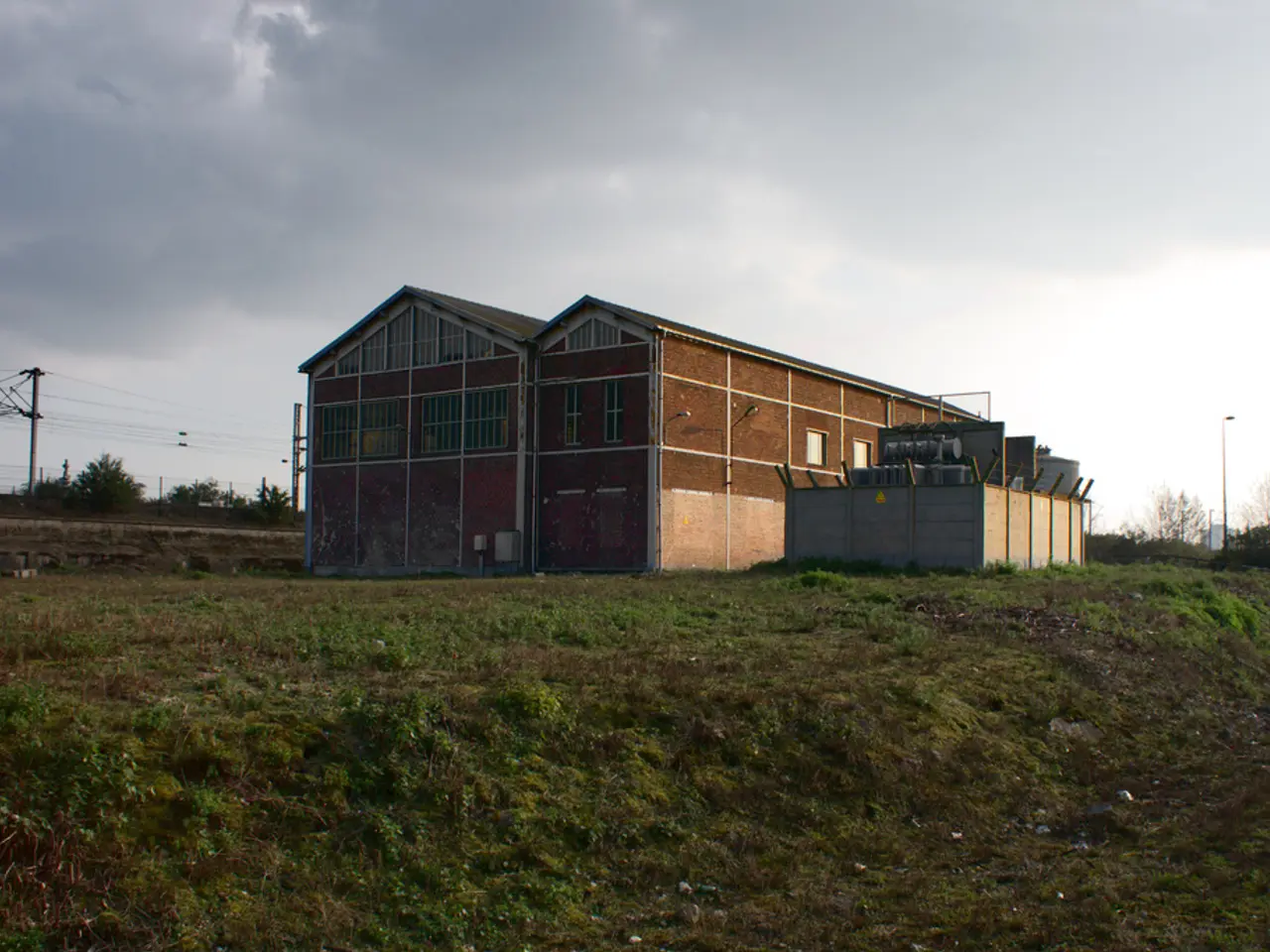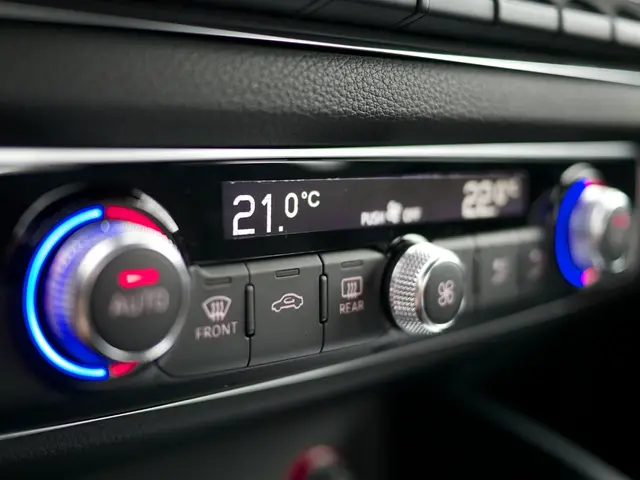Battery Sharing: The Future of Power Grid Support
A groundbreaking study suggests that in the future, households could use their batteries and appliances to support the power grid, potentially reducing the need for extensive infrastructure. This collective approach, known as 'community power distribution', could significantly lower battery capacity requirements and costs.
The Electric Power Engineering Centre at the University of Otago, in collaboration with Aurora Energy and SolarZero, is currently trialling this model in upper Clutha to tackle issues with constrained lines. The trial involves treating 20 houses as a single entity, which required only 7 kWh of storage, a stark contrast to the 120 kWh needed for individual use.
Batteries, when shared across communities, can provide additional services. They can feed energy back into the grid during renewable supply shortfalls or reduce demand during grid constraints. Moreover, they can store excess solar energy generated in summer for use during winter peaks. This technology could be a game-changer for decarbonizing the economy, making it cheaper and more efficient.
The trial in upper Clutha is exploring the potential of collective battery use to solve grid issues. If successful, this model could revolutionize the way we think about energy distribution. Households could be compensated for providing these services to the wider grid, incentivizing community participation in the clean energy transition.
Read also:
- Summarized Report: Insights from the Realm of Transportation
- Recorded surge in electric vehicle registrations during the initial half of the year
- Polestar CEO, Lohscheller, voices concern on the ongoing debates about competitors' products: "Maintain focus, avoid distractions"
- Jane Goodall's Legacy: From Chimpanzee Tool Use to Global Conservation








